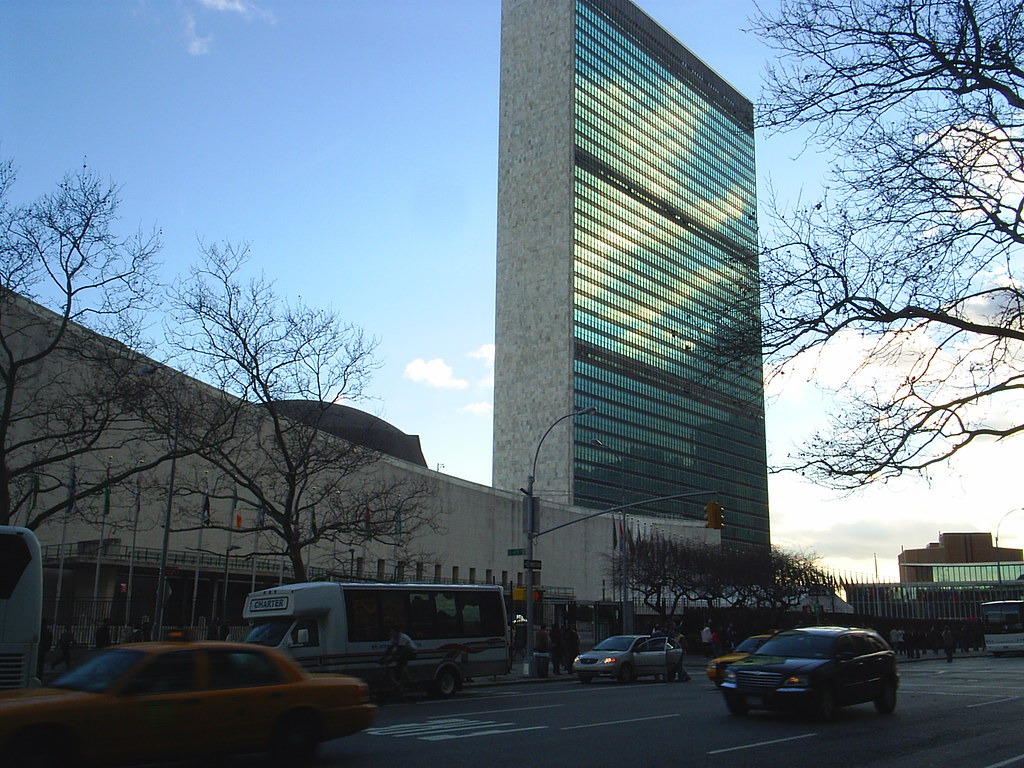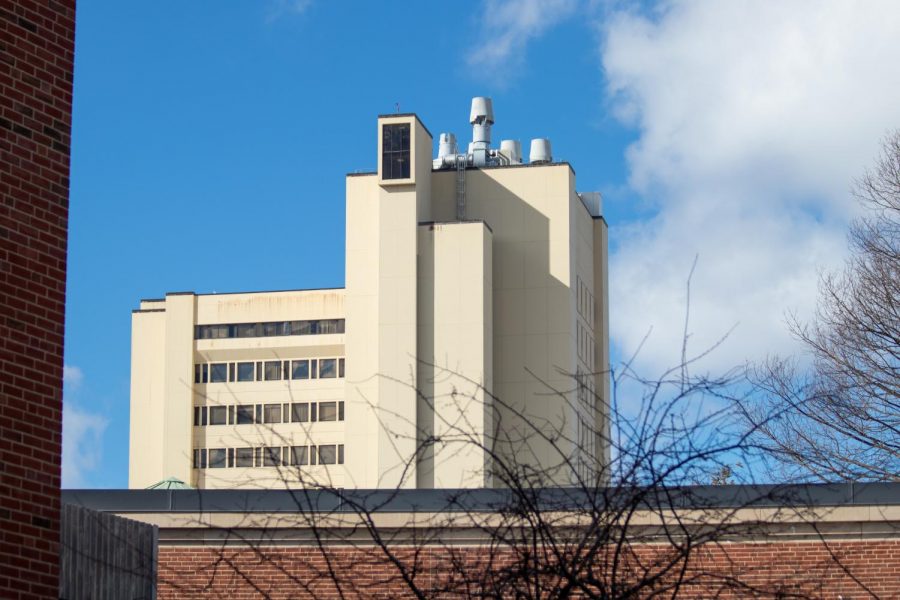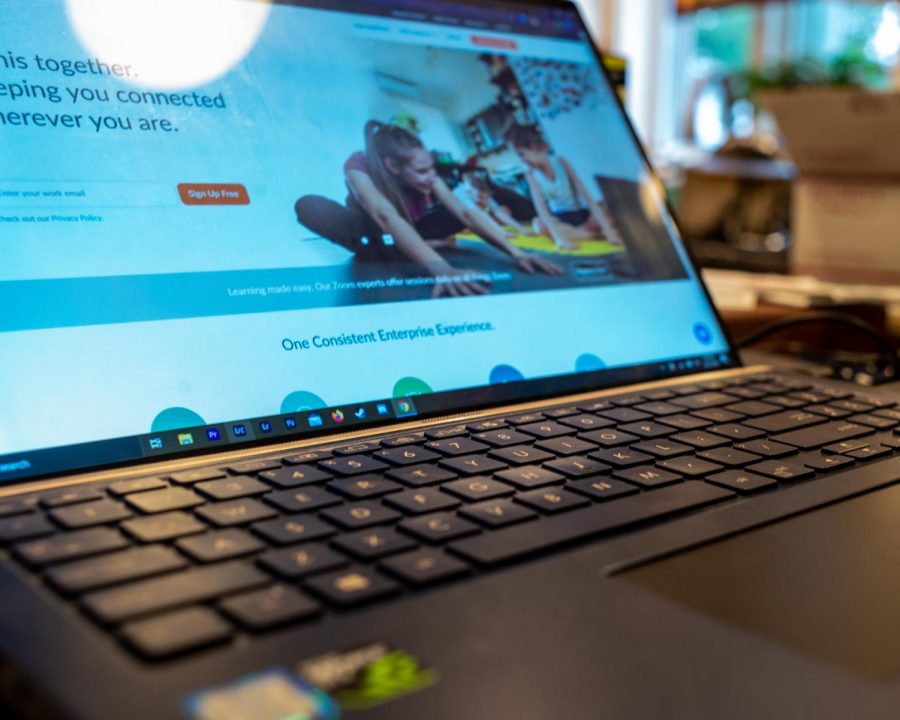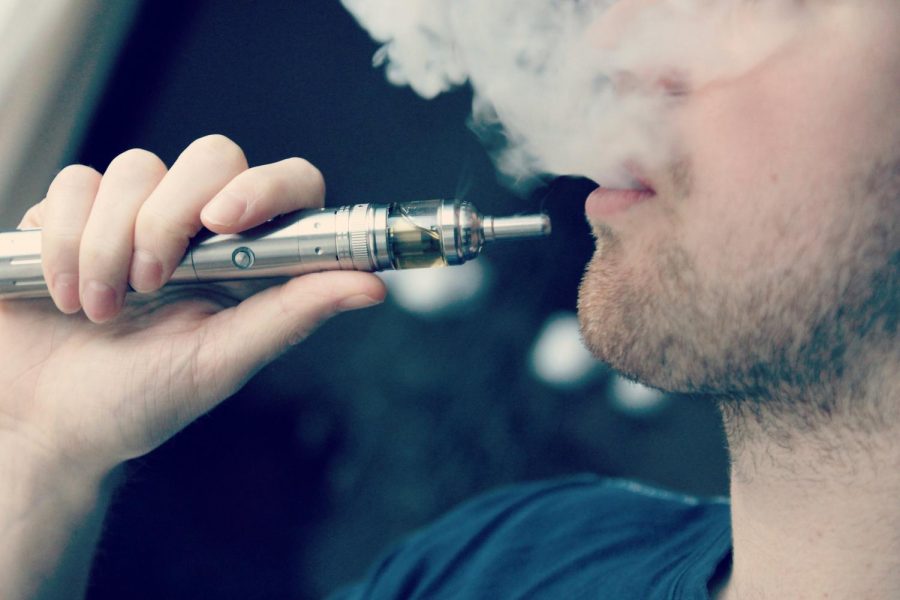
In a “Psychology Today” article, “Early Risers are Happier, Healthier and More Productive Than Night Owls,” explores the hypothesized happier state of being of a morning person as opposed to that of a night owl. Williams states, “Self-professed morning people reported feeling happier and healthier than night owls.” I find this statement both accurate and relatable to my own routine. Ever since I can remember, I have been a night owl. This is not to say that I find myself to be generally unhappier or less healthy than early-risers, but I definitely would not deny such an assumption.
Personally, I find that the dark skies, the stars and the moon present a greater blackboard of thought, than say, a bright and shiny morning. Moreover, my deepest thoughts take place during nighttime, and as a writer, I have found this to be the best time to work on my writing. Since journalism assignments have begun to take over my workload, homework time seems to only make sense when it’s dark out. My thoughts are clearer, and rather than just having the ability to think these thoughts, I also have the ability to actually get them down onto paper, which is a difficulty that I believe many other writers can relate to.
We can make an assumption, support it, and find a sensible conclusion in our minds, but when the sun is shining, it is more challenging to actually write such transcendent thoughts on a piece of paper. Is this the less happy, less healthy lifestyle Williams is referring to? It’s possible.
In an article entitled, “What Successful Night Owls Get Done Before Bed,” Lydia Dishman states Satoshi Kanazawa and colleagues at the London School of Economics and Political Science have done research suggesting that night owls are not at any such disadvantage; instead, they have found, “people with higher IQs are more likely to be night owls.” These researchers also discovered, “those individuals who preferred to stay up late demonstrated, ‘a higher level of cognitive complexity.’” If nothing else, this study made me feel good about myself.
The group of night owls that Dishman researched in her article tends to work until the wee hours of the morning. Their daily bedtimes of 2-3:30 a.m. make me look like an imposter. I refer to myself as a night owl, but my general rule is no homework past midnight, unless it’s writing. I find that any math or memorization studied past midnight will be void by daylight. Unless faced with an impossibly long list of chemistry “OWL’s,” I tend to power down and clear off my desk the second the clock strikes 12. Picture the last scene in Shrek as Fiona morphs from a beautiful princess into a heinous, green ogre when the sun goes down – that’s how my computer screen changes at midnight. At 11:59 p.m., it’s all business, but by 12:01 a.m., the screen usually displays Ross and Rachel from Friends.
I truly believe that spending time in bed reading a book or watching a television show before actually going to sleep is beneficial. The nights that I try to go to sleep immediately after finishing my homework, I have unpleasant dreams where I am either balancing a chemical equation or editing an article that was due in my journalism class two weeks prior. I guess the difference here, between a night owl and a morning person is that night owls enjoy sleep just about as much as we enjoy relaxation. Through research, I have found that morning people claim to “love sleep.” I don’t and never have loved bedtime – it’s boring, it’s dark, and usually my mind is racing as I toss and turn for hours before finally falling sleep.
In a “Men’s Health” magazine article called, “The Face-Off: Early Birds vs. Night Owls,” Cassie Shortsleeve explores ways to wake up a night owl in the morning and keep an early bird awake at night. She suggests, “Track your time,” and said that Doctor Tracey Marks stated, “Melatonin – the sleep hormone – is secreted earlier in morning people than in night owls.” Because of this ,and because I have never been very good at falling asleep, my doctor recently suggested I take a Melatonin tablet at bedtime; I recommend it for any night owl who has trouble with sleeping.
Even on the nights when I don’t find sleep until 3 or 4 in the morning, I’m not excessively tired the next day, as I usually am able to sleep relatively late. I guess I’m one of those lucky people that do not require more than six or seven hours of sleep per night. My earliest class is at 11:15 a.m. and that is only on Tuesdays and Thursdays. On the other days of the week, I do not have class until 1:25 p.m.
According to Dishman, “Researchers from Belgium and Switzerland studying sleep habits found that early risers needed more rest than their nocturnal counterparts and didn’t focus as well later in the day as those who slept in.”
I understand when freshmen choose to take earlier classes at 8 or 9 in the morning, as such a time doesn’t seem so late when you’re used to waking up for a 7:30 a.m. morning bell in high school; but as a sophomore, I was very curious as to why any of my friends would voluntarily sign up for such an early class. I discovered that most of them take naps every afternoon, and this is how they refrain from appearing exhausted. I might stay up late doing homework hours after they have gone to sleep, but while they’re napping, I’m usually in class or at the library.
Am I saying that I have more time to do schoolwork than an early-riser? Not necessarily. I am simply aware that my mind is more focused during the later hours of the night. I have found that my most successful study routine consists of late homework followed by a television show on my laptop until around 1 or 2 a.m., and then a wake up at 10 a.m.
According to Kanazawa, our ancestors were morning people. He has discovered “a shift towards more nocturnal activities is an ‘evolutionary novel preference’ of the type normally found in more intelligent individuals.”
Samara Abramson is a Collegian columnist. She can be reached at [email protected]











